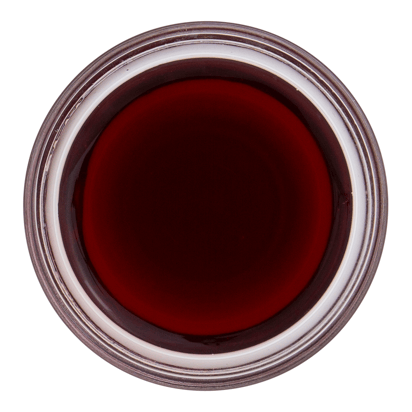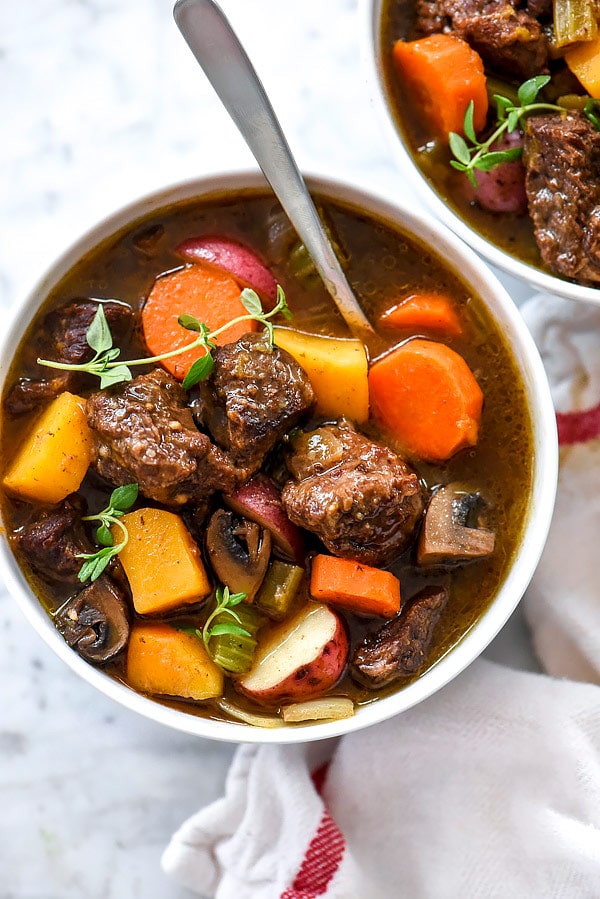Red Wine: Important Facts, Health Benefits, and Recipes
Embark on a journey through the world of red wine as we explore its rich history, the numerous health benefits of moderate consumption, and versatile culinary uses. This comprehensive guide aims to answer all your burning questions about this popular ingredient while providing you with the knowledge to make informed choices for a healthier lifestyle.

Nutritional Facts
1 fl oz
Amount per serving
Calories
25
Carbohydrates
0.8 g
Fat
0 g
Protein
0 g
Saturated Fat
0 g
Sodium
1.2 mg
Fiber
0 g
Sugar
0.2 g
Best Red Wine Recipes
-

-

-

-

-

-

-

-

-
![Easy French Onion Soup Recipe Image]()
-
![Easy Cottage Pie Image]()
-
![Arrabbiata Sauce Image]()
-
![Savory Slow Cooker Pot Roast Image]()
-
![Slow Cooker Bolognese Sauce Image]()
-
![Creamy Polenta Bolognese Image]()
-
![Braised Short Ribs with Citrus Gremolata Image]()
-
![Filet Mignon Shish Kabobs Image]()
-
![Prime Rib Roast Italiano Image]()
-
![Saucy Skillet Chicken with Lemons and Olives Image]()
-
![Balsamic Braised Lamb Shanks Image]()
-
![Easy Turkey Ragu Image]()
-
![Grilled Fruit Sangria Image]()
-
![Baked Bolognese Image]()
-
![Clean-Out-The-Fridge Beef Stew Image]()
-
![Pork Ragu Image]()
-
![Meat and Potatoes Image]()
-
![Spicy Sausage Rigatoni Image]()
-
![Skillet Italian Sausage and Peppers with Whole-Wheat Penne Image]()
-
![Penne with Braised Short Ribs Image]()
-
![Spaghetti Sauce Image]()
-
![Meatball Subs Image]()
-
![Chicken Parmesan Subs Image]()
-
![Sun dried Tomato Feta Chicken Image]()
-
![Hearty Ragu Sauce Image]()
-
![Baked Turkey Meatballs on Polenta Image]()
-
![The Pioneer Woman's Perfect Pot Roast Turned into Soup Image]()
-
![Slow Cooker Mirepoix Roast Beef Image]()
-
![Best Slow Cooker Sweet Potato Roast Beef Dinner Image]()
-
![Crock Pot Roast Beef Dinner Image]()
-
![Crock Pot Pork Ragu Image]()
-
![Slow Cooker Spaghetti Bolognese Recipe Image]()
-
![4th of July Party Drinks Display Image]()
-
![Bush's Beans Chuck Roast Chili Recipe Image]()
-
![Prime Rib Recipe Image]()
-
![Tomato Basil Pizza Image]()
-
![Classic Pot Roast with Mushrooms Image]()
-
![Mushroom and Black-Eyed Pea Ragout Image]()
-
![Glogg (Spiced Wine) Image]()
-
![Uno's Cheese and Tomato Deep Dish Pizza Image]()









































